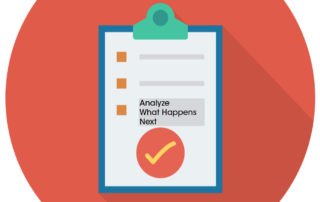The Benefit for Students when Teachers Collaborate
Jane Kennedy2023-08-22T21:53:36+00:00In this article you will learn…
- That when teachers engage in a collaborative experience that includes designing a lesson together, observing lesson delivery, and debriefing with affirming and constructive reflection, then insights are gained, skills are refined, and students benefit.
- The purpose of collaborative planning and reflection is to support each teacher in designing a student-centered lesson, assessing the success of that lesson, and articulating their own decision-making before, during, and after the lesson.
- Questions to drive collaborative planning and reflection.





